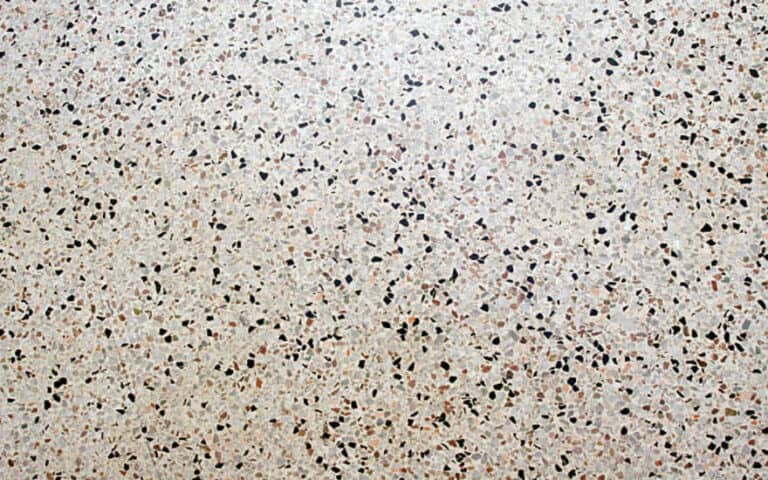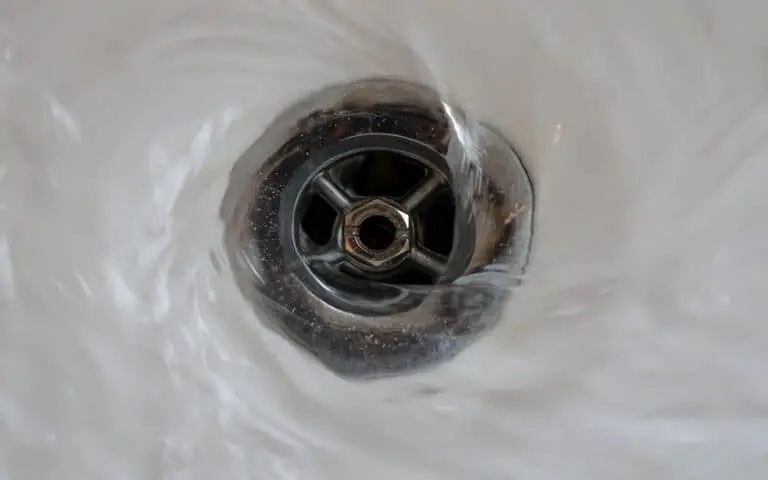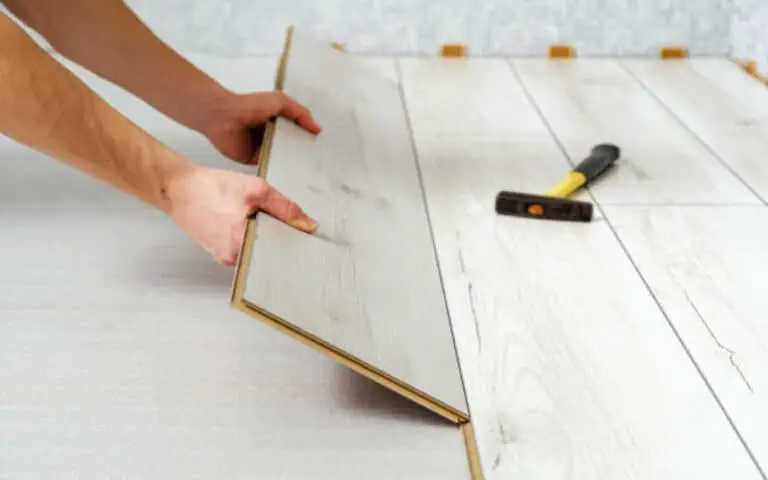In this blog post, we’ll explore why your bathroom floor drain smells and what you can do to solve the problem. If you’ve ever gone into your bathroom and noticed a strange, unpleasant odor from your floor drain, you’re not alone. An odd smell coming from your bathroom floor drain is a common problem, and it can be a sign of a more significant issue.

What is floor waste?
Before we get into the causes of smelly floor drains, let’s first discuss what floor waste is. Floor waste is a plumbing term for a drain in the floor of a room or bathroom. Floor wastes are usually located in the center of the room, near the shower or bathtub. Floor wastes are designed to collect any water spilled or drained from the bathtub or shower and directed it away from the house’s interior.
Can a plumber fix a smelly drain?
In most cases, yes. A professional plumber will be able to identify the source of the smell and then provide a solution to fix the issue. Depending on the cause of the smell, a plumber may recommend using a specialized cleaning solution, a chemical treatment, or a drain auger to vacate any blockages that may be pushing the odor.
Why Does My Bathroom Floor Drain Smell?
There are several reasons why your bathroom floor drain may be emitting an unpleasant odor. Some of the most familiar causes for smelly floor drains include the following:
- Sewer gas
- The buildup of grease, hair, and soap scum
- Clogs or blockages in the pipes
- Leaking or cracked pipes
- Poor ventilation
- Mold or mildew
- Bacteria or other organisms
How do bad smells affect your property?
Foul odors can be a real nuisance and even harm your property. Odors can cause people to be less likely to want to visit your home or business. In addition, odors can lead to health problems such as headaches, nausea, and respiratory issues.
10 Reasons why your bathroom floor drain smells
1. Sewer gas
Sewer gas combines gasses produced by the breakdown of organic matter in sewage systems. Sewer gas has a distinct odor that can be detected in the air.
2. Grease, hair, and soap scum
Grease, hair, and soap scum can accumulate in the pipes, creating a blockage that prevents water from draining correctly. This can cause an unpleasant odor to be emitted from the drain.
3. Clogs or blockages in the pipes
Clogs or blockages can prevent water from draining correctly and cause an unpleasant smell.
4. Leaking or cracked pipes
Leaking or cracked pipes can cause sewer gas and other odors to escape into the air.
5. Poor ventilation
Poor ventilation can cause odors to become trapped in the bathroom and cause an unpleasant smell.
6. Mold or mildew
Mold or mildew growth in the pipes can cause an unpleasant smell.
7. Bacteria or other organisms
Bacteria or other organisms can grow in the pipes, creating an unpleasant smell.
8.Food particles
Food particles can become stuck in the pipes and cause an unpleasant smell.
9. Debris
Debris can become trapped in the pipes and cause an unpleasant smell.
1o. Chemical cleaners
Chemical cleaners can react with the materials in the pipes and create an unpleasant smell.
11 Common causes of smelly drain odors
- The pipes may become blocked with debris, which may smell bad.
- The components in the pipes might react with chemical cleansers to produce an unpleasant odor.
- Blockages or clogs in the pipes can drain the water improperly and give off an unpleasant odor.
- An unpleasant odor may result from mold or mildew development in the pipes.
- In the pipes, bacteria or other organisms may develop and provide a foul odor.
- Sewer gas is a mixture of gases created when organic matter breaks down in sewage systems. The air is markedly scented with the smell of sewer gas.
- The pipes may become blocked with debris, which may smell bad.
- The grease, hair, and soap scum accumulation in the pipes can lead to a blockage that stops the water from draining correctly. This may result in the drain emitting a foul odor.
- The components in the pipes might react with chemical cleansers to produce an unpleasant odor.
- Sewer gas and other smells may escape through damaged or leaking pipes.
- An unpleasant stench in the bathroom may result from smells that become trapped due to poor ventilation. Unpleasant odors can be produced by food particles that become caught in the pipes.
How to identify the source of your smelly drain odor?
The first step in solving a smelly drain problem is identifying the odor’s source. This can be done by using your nose. If the smell comes from the floor drain, the head of the perfume is likely either sewer gas, a blockage, or a leak in the pipes.
If the smell comes from the shower or bathtub, the source of the odor is likely either a buildup of soap scum, grease, or hair. To identify the start of the fragrance, you can use a flashlight to inspect the pipes and look for any blockages or cracks
Is odor a problem?
Yes, odors can be a problem. Odors can be a nuisance and can even be harmful to your property. Odors can cause people to be less likely to want to visit your home or business. In addition, odors can lead to health problems such as headaches, nausea, and respiratory issues.
What can I do about smelly and unhygienic drains?
To prevent smelly and unhygienic drains, you should regularly clean the drain with baking soda and vinegar. You should also avoid pouring grease or oil down the drain, which can create blockages and cause an unpleasant smell. If the smell persists, it’s best to reach an experienced plumber to examine the pipes and determine the source of the odor.
HOW CAN I ELIMINATE ODOURS FROM FLOOR WASTE?
You can take a few steps to eliminate odors from floor waste. The first degree is to pinpoint the source of the scent. If the smell is coming from the floor drain, the head of the odor is likely either sewer gas, a blockage, or a leak in the pipes. If the smell comes from the shower or bathtub, the source of the odor is likely either a buildup of soap scum, grease, or hair.
Once you’ve identified the source of the odor, you can try using a plunger, a drain auger or snake, baking soda and vinegar, or a chemical cleaner to clear the blockage or clog. If the DIY solutions don’t work, or if you’re unsure of the source of the odor, then it’s best to call a professional plumber.
Why do bacteria love to live in drains?
Bacteria love to live in drains because drains are often dark, damp, and warm environments that provide the perfect conditions for bacteria to thrive. Additionally, drains are often full of organic material that can provide food for bacteria.
When to call a professional?
If the DIY solutions don’t work, or if you’re unsure of the source of the odor, then it’s best to call a professional plumber. A professional plumber will be able to identify the start of the smell and then provide a solution to fix the issue.
Summary
It’s crucial to locate the cause of the stench if you’ve discovered an unpleasant odor from your bathroom floor drain. In this blog article, we’ve looked at the causes of stinky drain odors, how to identify the source of the stench, DIY treatments for smelly drain odors, professional solutions for smelly drain odors, prevention advice, and when to call a pro. Call a professional plumber to check the pipes and find the cause of the stink if you’ve tried DIY remedies but the odor still exists.






